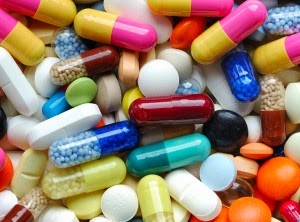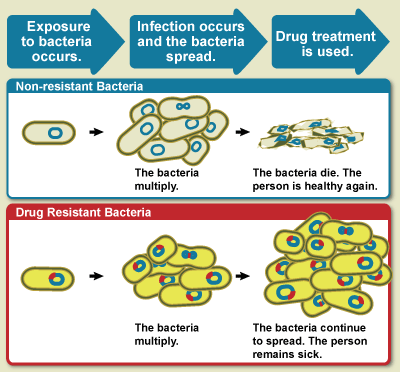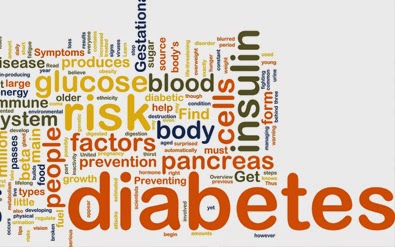Killer In Your Home: Mosquito Repellents
You come home in the evening and immediately switch on the mosquito repellent. You think, now mosquitoes will get out and you can enjoy good nights sleep. Many other people use mosquito coils to keep the mosquitoes at bay. Most people believe, they are protected from viral infections such as malaria and dengue and rightly so. But at what cost? You might say, "It just costs Rs.65-70 for 30 nights!" Absolutely. But how many of us can think of the health cost involved? For safer mosquito control options Click Here There are several chemicals used in manufacttring mosquito repellents: BCME (bis[cloromethyl]ether) Octachlorodipropyl ether ( s - 2 ) Sumithrin Prallethrin There are many more which are not even disclosed by the manufacturers. All these chemicals are nothing but poisons. All of these chemicals compounds are known to trigger Respiratory Diseases including Lung cancer. Certain studies have proven that an exposure of 8-10 years to the fum...


